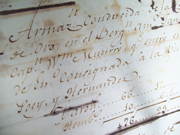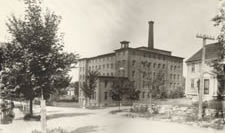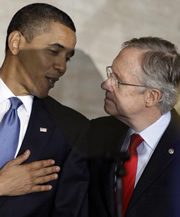Thu 1 Apr, 2010
U.S. family finds traces of slave-trade past in Cuba
Comments (6) Filed under: History| Tags: Cuba, James D'Wolf, Katrina Browne, Madruga, Schooner Amistad, Slave trade, Traces of the Trade |
 As I returned to the U.S. from Havana last night, the Associated Press released a story on our visit, “US family finds traces of slave-trade past in Cuba.”
As I returned to the U.S. from Havana last night, the Associated Press released a story on our visit, “US family finds traces of slave-trade past in Cuba.”
The article has been running prominently in the U.S. and abroad, making the A.P.’s daily top stories list as their third-listed international story in the world.
I spent ten days in Cuba with Katrina Browne and Tulaine Marshall, and the article focuses on our visit Sunday to the site of the Mount Hope coffee plantation owned by my fifth-great grandfather, James D’Wolf.
The article, written by the A.P.’s Will Weissert, is quite impressive, and I’m particularly pleased with the way it ends:
While both she and Perry have worked to uncover their family’s role, they say no Americans – even those whose descendants came to the U.S. after slavery was abolished – should feel unaffected. The early U.S. economy so relied on slavery that it fueled a boom, making America an attractive destination for immigrants ….
“None of us,” Perry said, “are untouched by the legacy of slavery today.”






 Slavery in New England was brutal and lasted, in its official form, for 150 years. Enslavement greatly enriched the colonists and, later, citizens of New England, and only died out gradually and fitfully.
Slavery in New England was brutal and lasted, in its official form, for 150 years. Enslavement greatly enriched the colonists and, later, citizens of New England, and only died out gradually and fitfully.
